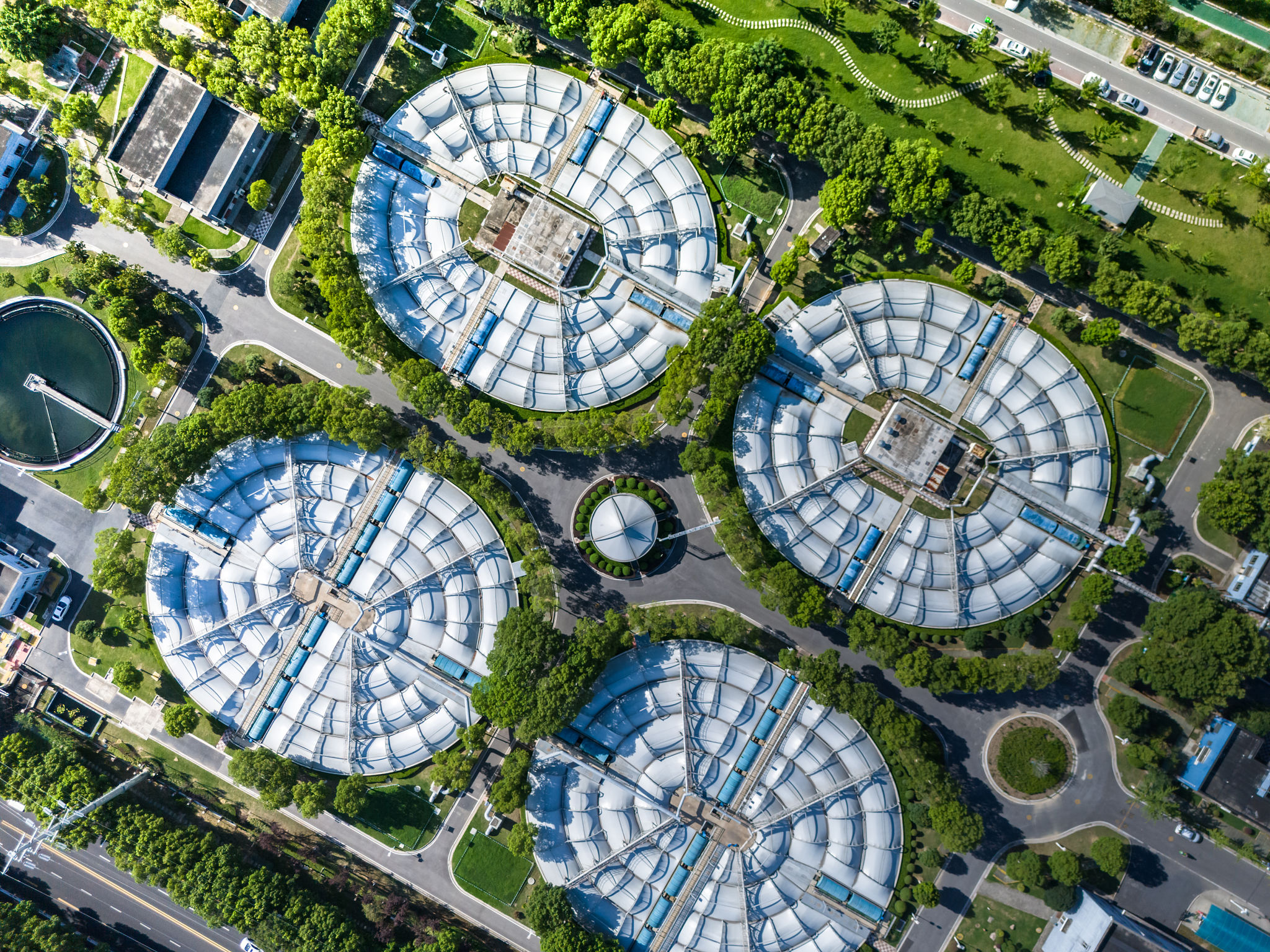Transform Your Space: Sustainable Garden Design Ideas
Why Sustainable Garden Design?
In today's world, where environmental concerns are at the forefront of our minds, creating a sustainable garden is more important than ever. Sustainable garden design not only helps reduce your carbon footprint but also contributes to local biodiversity and creates a haven for wildlife. By adopting eco-friendly practices, you can transform your outdoor space into a beautiful, thriving ecosystem.
Sustainable gardening focuses on using resources wisely and efficiently. It involves selecting plants that are well-suited to the local climate, using water-saving techniques, and minimizing waste. This approach not only benefits the environment but also leads to a low-maintenance garden that reduces both time and effort.

Choosing the Right Plants
One of the key elements of sustainable garden design is selecting the right plants. Opt for native species that are adapted to your region's climate and soil conditions. These plants require less water, fertilizers, and pesticides, making them a more sustainable choice. Additionally, they provide food and habitat for local wildlife, promoting biodiversity.
Consider incorporating a mix of perennials, shrubs, and trees to create a diverse landscape. This variety not only enhances the visual appeal of your garden but also supports a range of pollinators and other beneficial insects. Choose plants with different blooming times to ensure year-round interest and support for wildlife.
Water Conservation Techniques
Water is a precious resource, and conserving it is a crucial aspect of sustainable gardening. Implement water-saving techniques such as drip irrigation or soaker hoses to deliver water directly to the plant's roots, minimizing evaporation and runoff. Collect rainwater in barrels to use for watering during dry spells, reducing your reliance on municipal water supplies.

Another effective method is mulching, which helps retain soil moisture, suppress weeds, and improve soil health. Use organic materials such as straw, wood chips, or compost to cover the soil surface around plants. This not only conserves water but also enriches the soil as it breaks down over time.
Soil Health and Composting
Healthy soil is the foundation of any sustainable garden. Focus on building rich, fertile soil by incorporating organic matter such as compost. Composting kitchen scraps and yard waste reduces landfill waste while providing nutrient-rich material to improve soil structure and fertility.
Encourage beneficial soil organisms by avoiding chemical fertilizers and pesticides. These organisms play a vital role in breaking down organic matter and improving soil health. By fostering a healthy soil ecosystem, you'll create a resilient garden that requires fewer inputs and maintenance.

Creating Wildlife Habitats
A sustainable garden should support a variety of wildlife. Incorporate features like birdhouses, bee hotels, and small ponds to attract birds, bees, butterflies, and other beneficial creatures. Providing shelter and food sources will encourage these animals to visit and thrive in your garden.
Planting a hedgerow or leaving a wild corner in your garden can offer additional habitats for wildlife. Allowing some areas to grow naturally provides shelter for small mammals and insects while contributing to the overall ecological balance of your garden.
Reducing Garden Waste
Sustainable gardening also involves minimizing waste. Practice recycling and reusing materials whenever possible. Use recycled materials for garden structures such as fences or trellises. Compost plant clippings and leaves instead of sending them to the landfill.
Implementing these sustainable garden design ideas will not only create a beautiful outdoor space but also contribute to a healthier planet. By making conscious choices, you can enjoy a thriving garden that aligns with eco-friendly principles.
